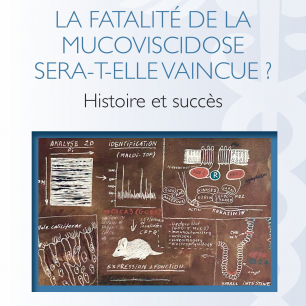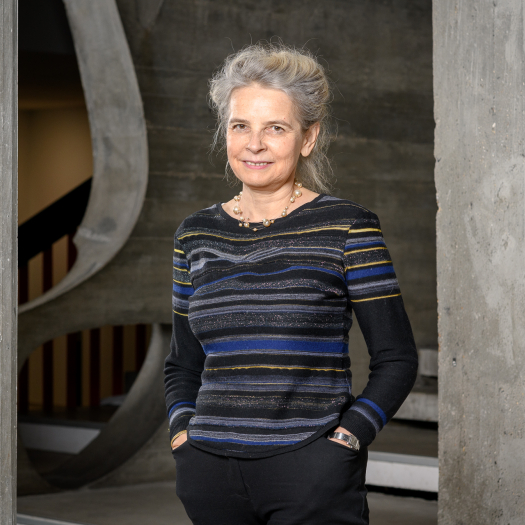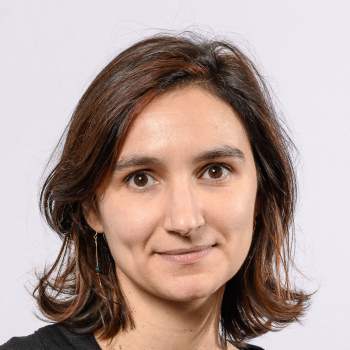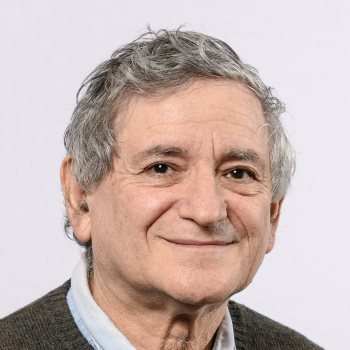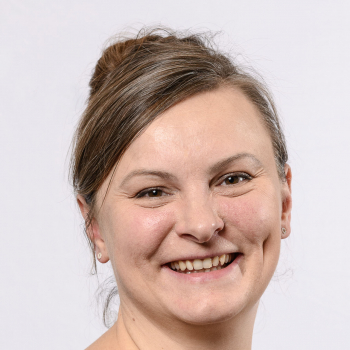Protein Misfolding in Respiratory Epithelial Diseases
We're a dedicated research team with a primary focus on advancing cystic fibrosis treatment. At the heart of our research is the exploration of misfolded protein biogenesis and correction, with a primary focus on the CFTR protein as our model system. We're committed to understanding and addressing the complex challenges associated with Cystic Fibrosis to improve the lives of those affected.
Cystic Fibrosis (CF) is a genetic condition stemming from mutations in the Cystic Fibrosis Transmembrane Conductance Regulator (CFTR) gene, which encodes the CFTR protein. The most prevalent mutation, F508del, results in misfolding and impaired trafficking of the CFTR protein, leading to ion transport irregularities and unresolved inflammation in the airways. Promising therapies that target CFTR mutations have emerged in recent years.
Our research is structured around three key areas:
- Correctors for F508del-CFTR - We identify compounds using in silico molecular docking to disrupt the interaction between intermediary filaments, such as keratin 8 (K8), and F508del-CFTR. This approach extends to other misfolded proteins like AAT-Z mutant in A1AT deficiency.
- Premature Stop Codon (PTC) Mutations - PTCs in the CFTR gene give rise to severe forms of the condition, as they lead to the synthesis of truncated and non-functional polypeptides. Current therapeutic approaches aimed at promoting translational readthrough have proven ineffective. We're working to find innovative solutions.
- Impact of CFTR Mutations on Airway Epithelial Functions - Our studies encompass the regulation of ion transport, airway surface conditions, and specialized pro-resolution mediator production both in vitro and in vivo.
Our research objectives are as follows:
- Investigate the mechanisms governing K8 interaction with misfolded proteins (F508del-CFTR and AAT-Z mutant) with the aim of modulating the trafficking of misfolded proteins.
- Optimize the efficacy of the most potent correctors through molecular modeling and biophysical techniques to gain insight into the dynamic 3D structure of isolated F508del-CFTR. We aim to uncover corrector binding sites through directed mutagenesis and assess their impact on the biogenesis and activity of F508del-CFTR.
- Develop more effective therapies for nonsense mutations by addressing the molecular pathogenesis of PTCs in CF.
- Establish the tools needed to implement a national program for personalized CF therapy, including the creation of a national biobank and the characterization of novel biomarkers.

